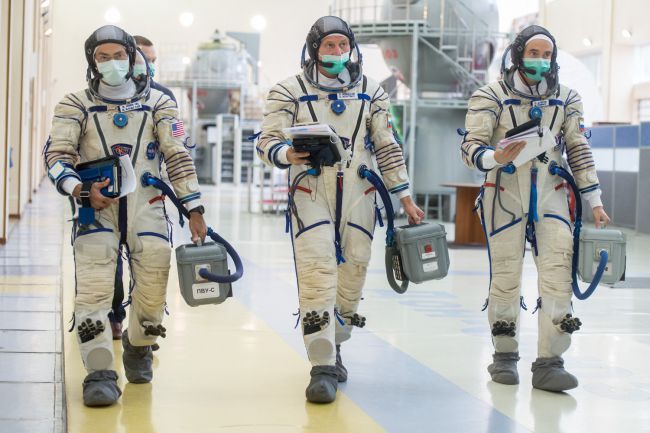
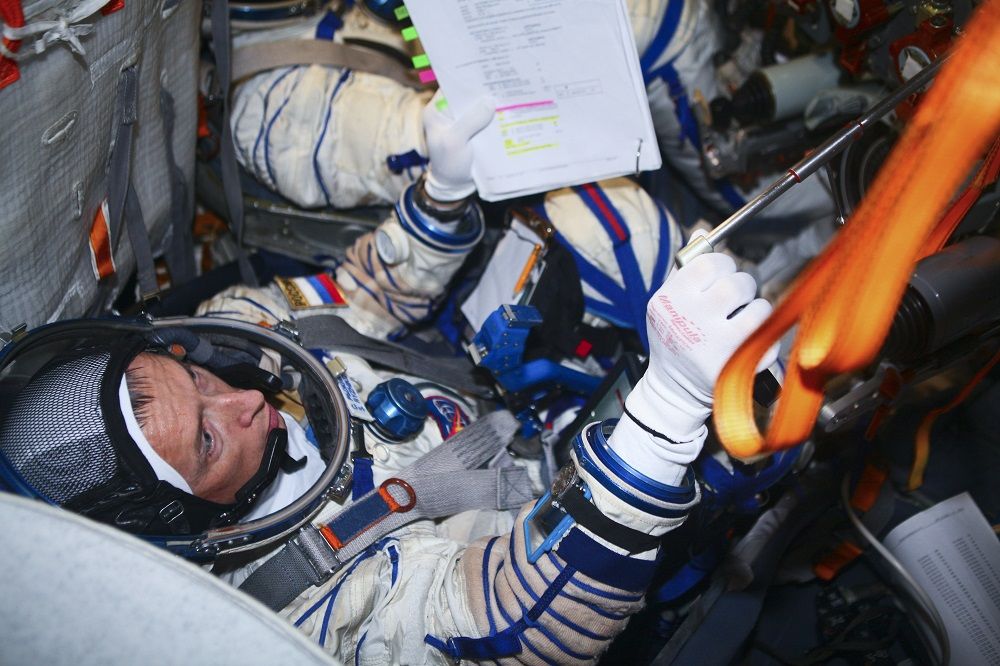
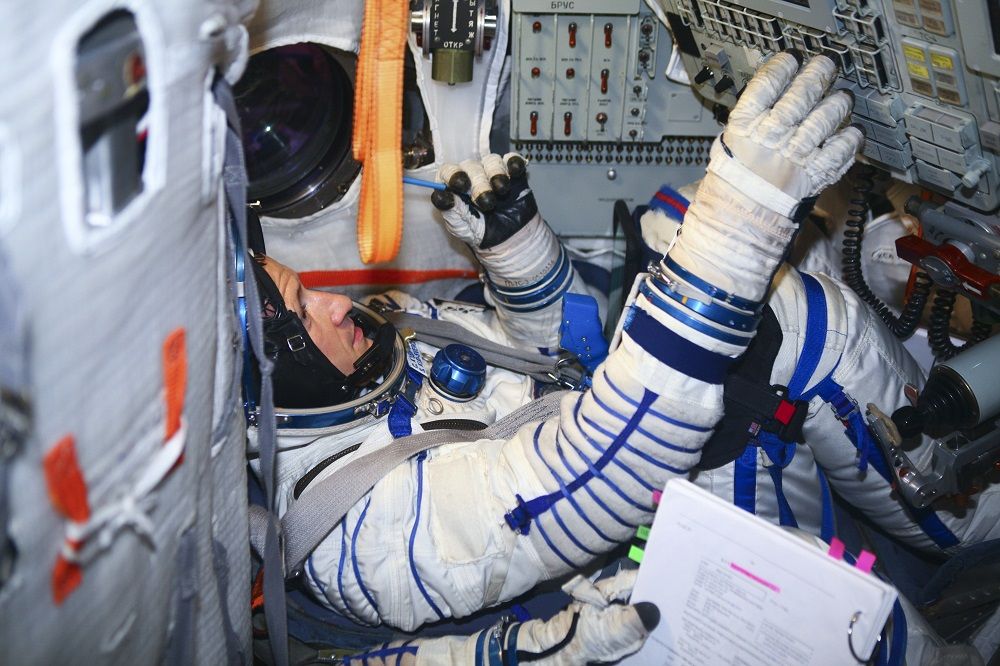
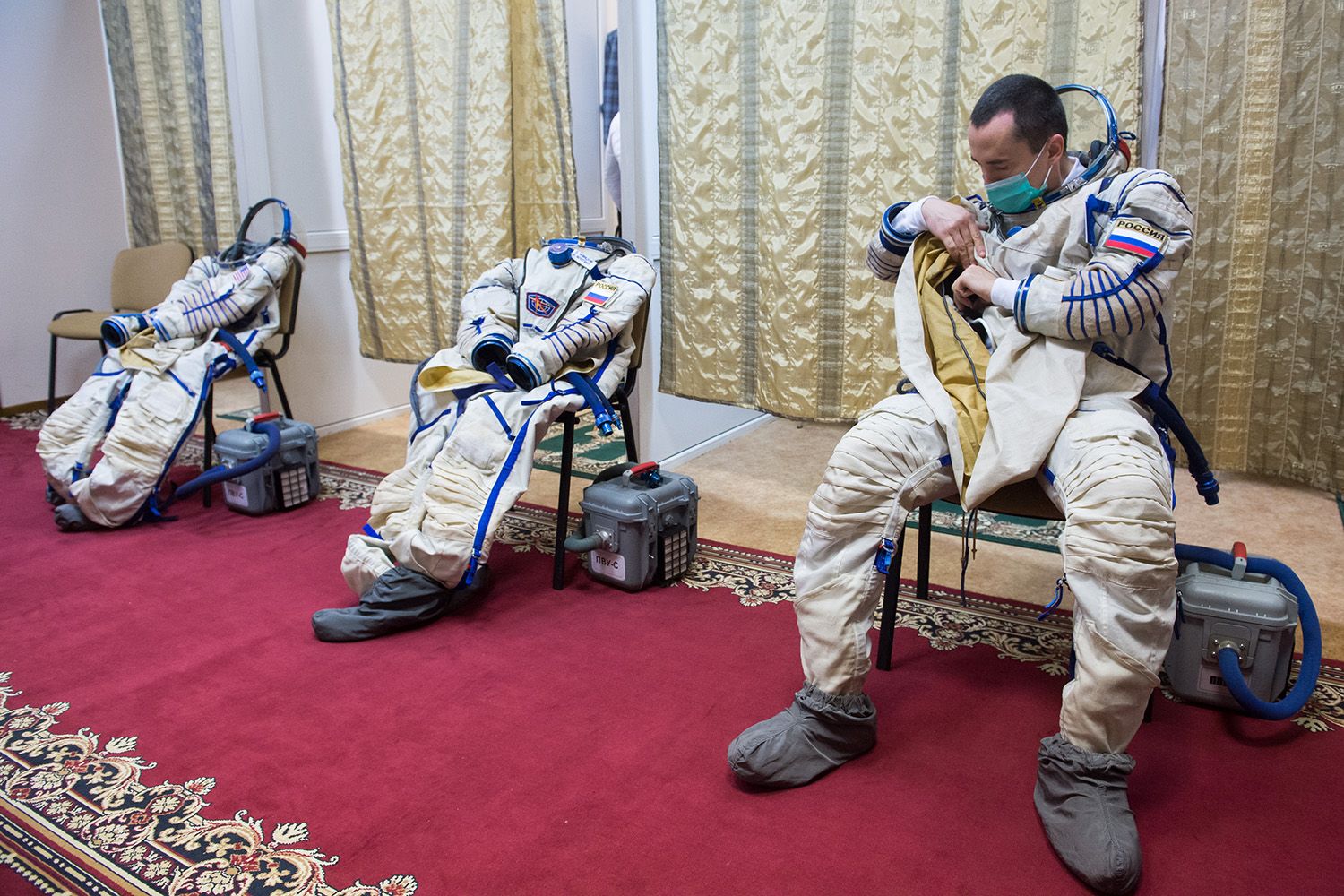
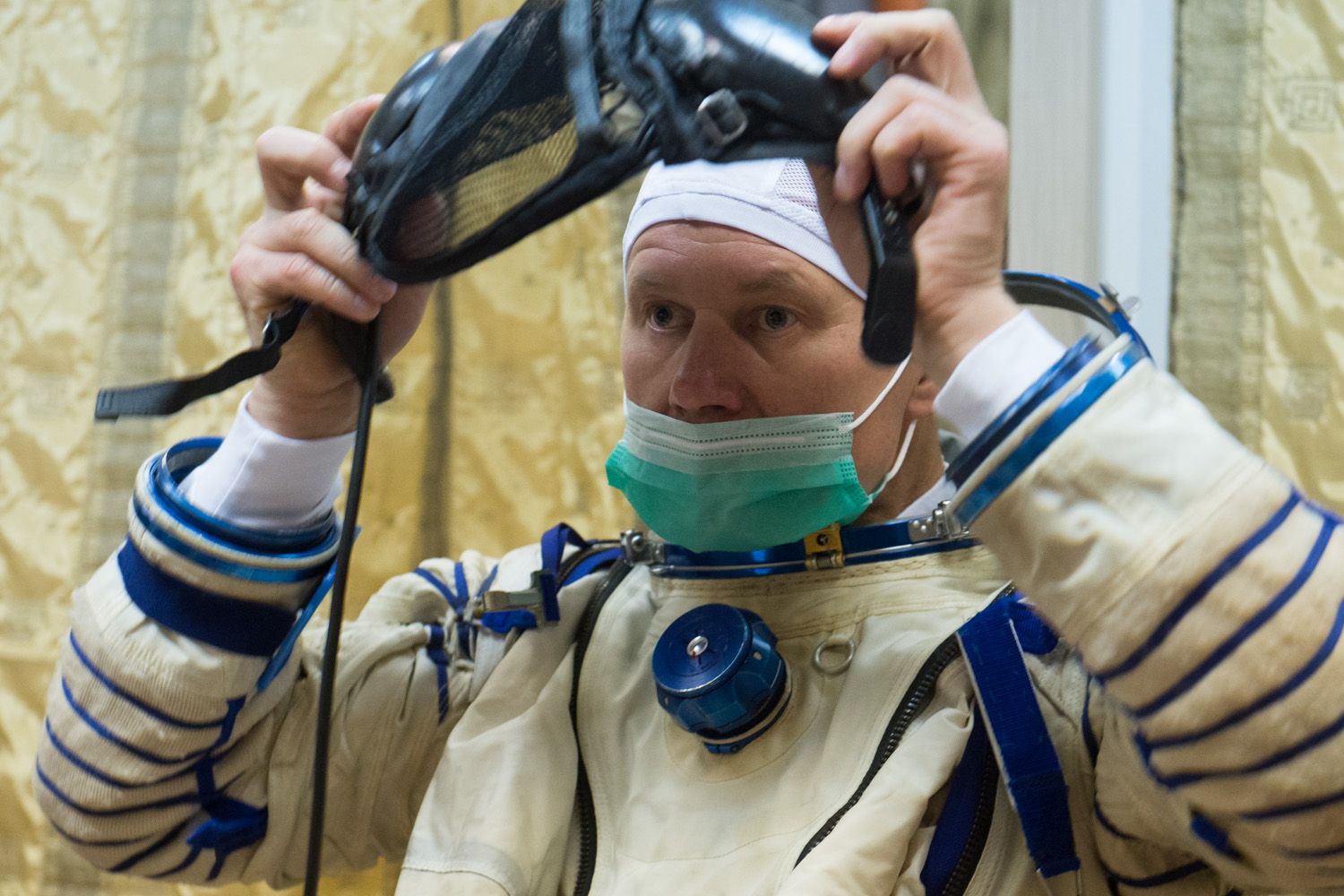
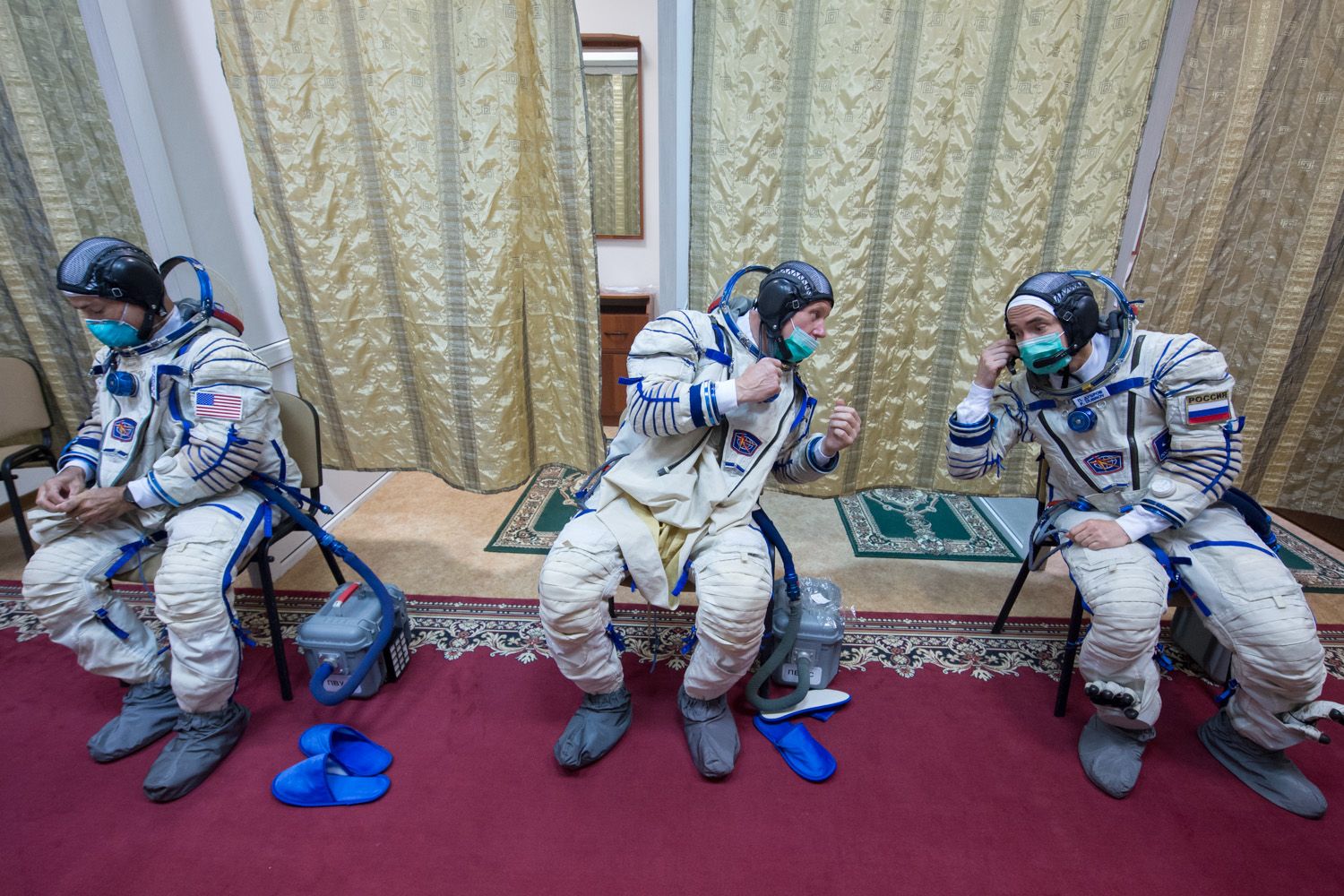

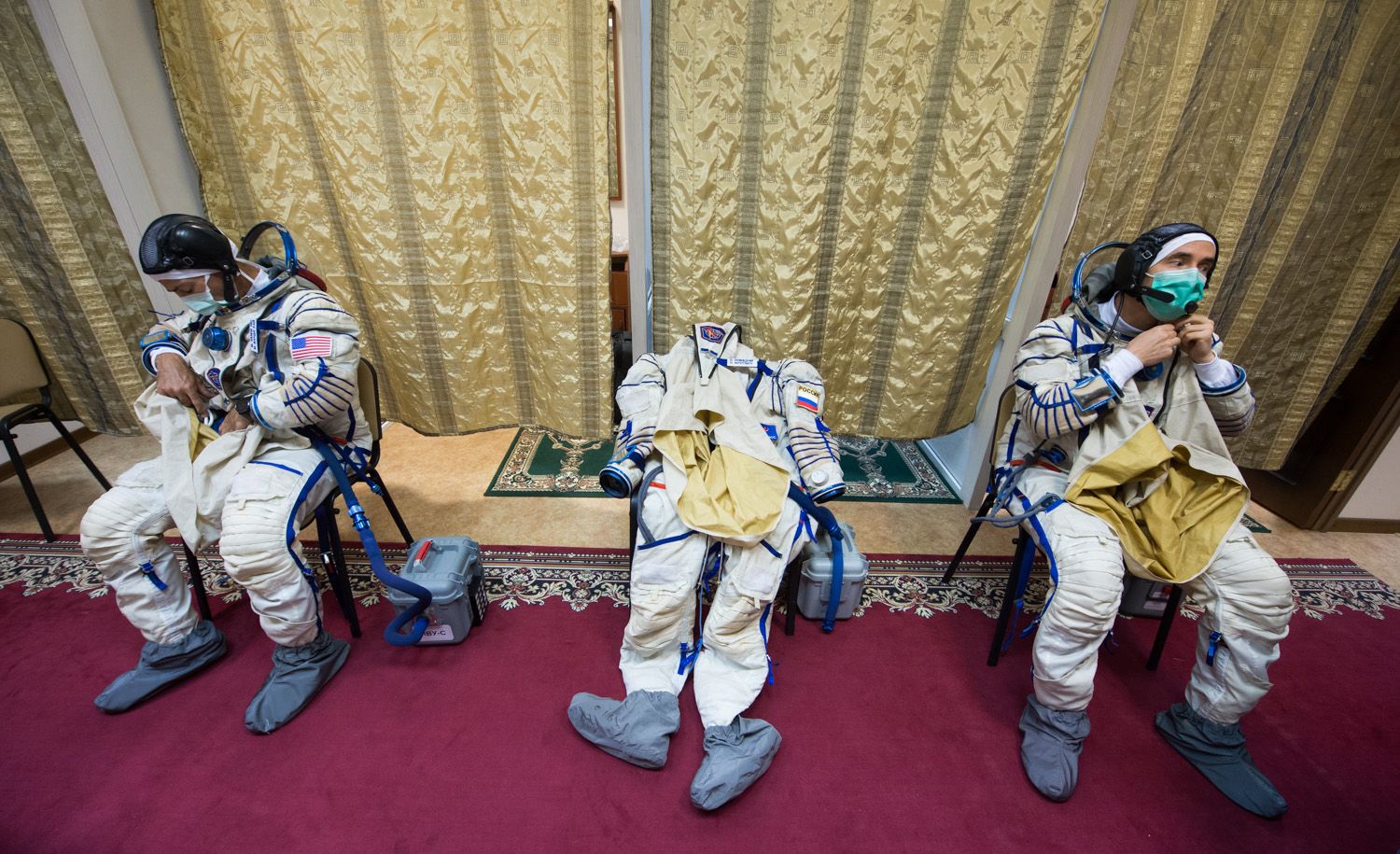
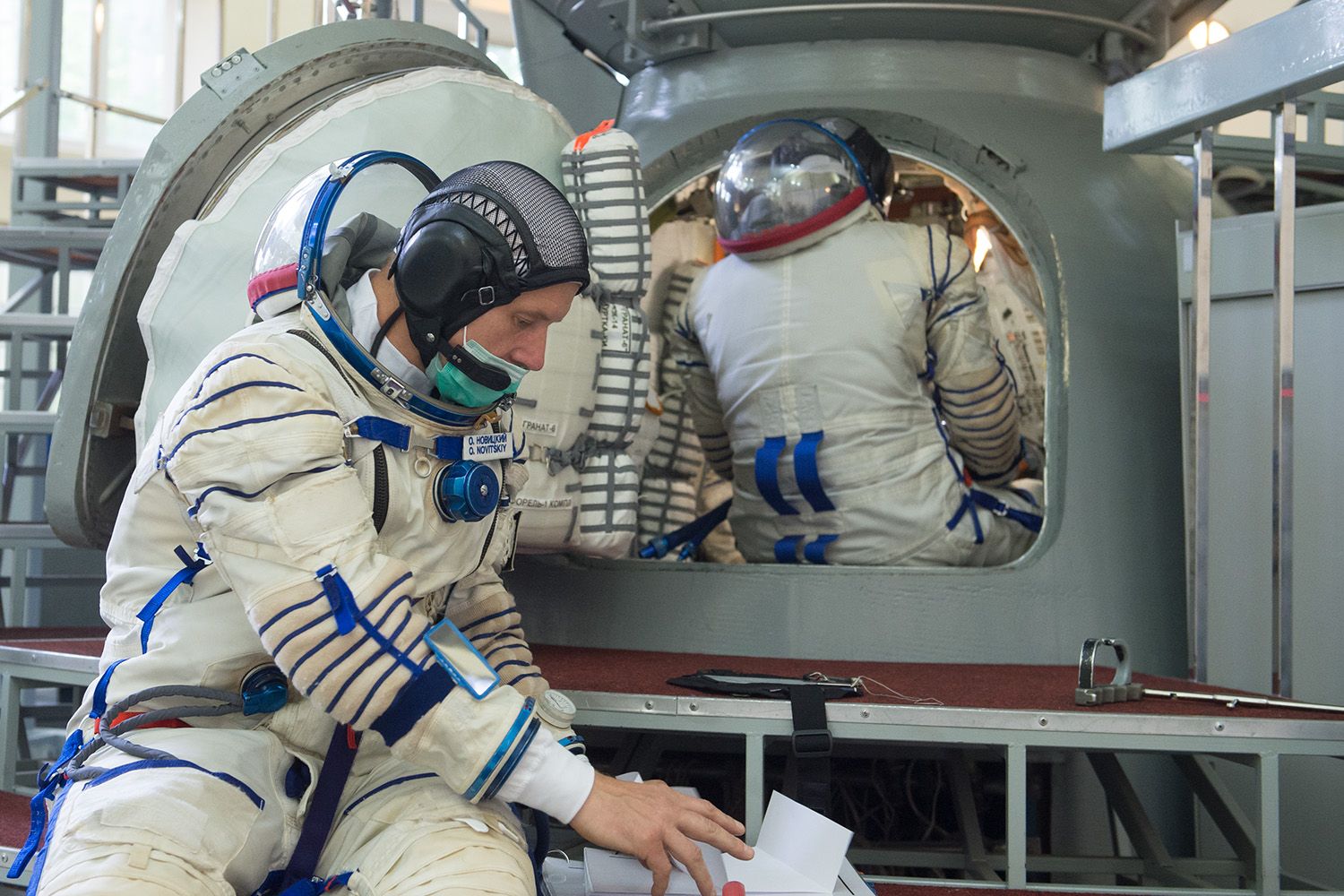
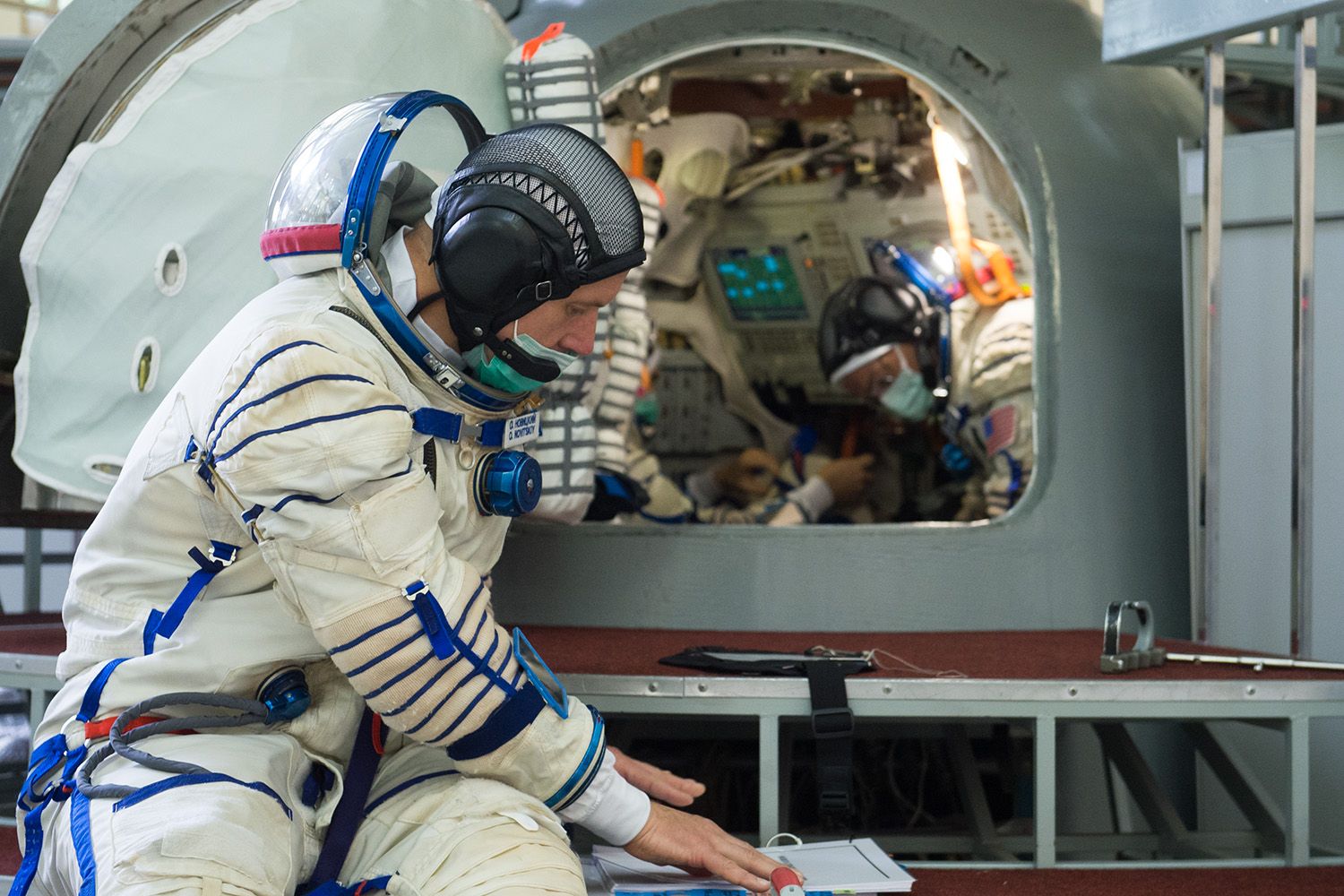
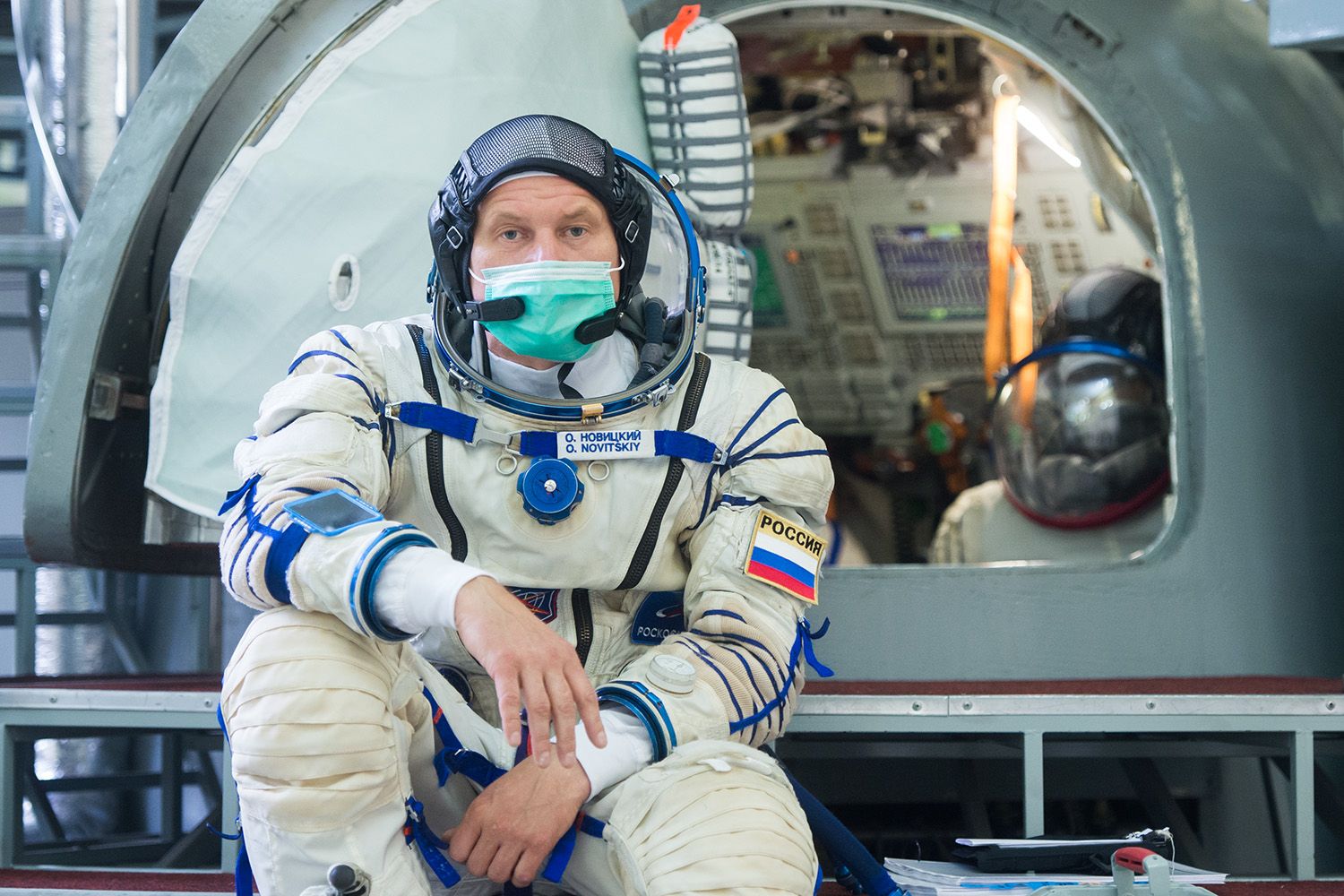
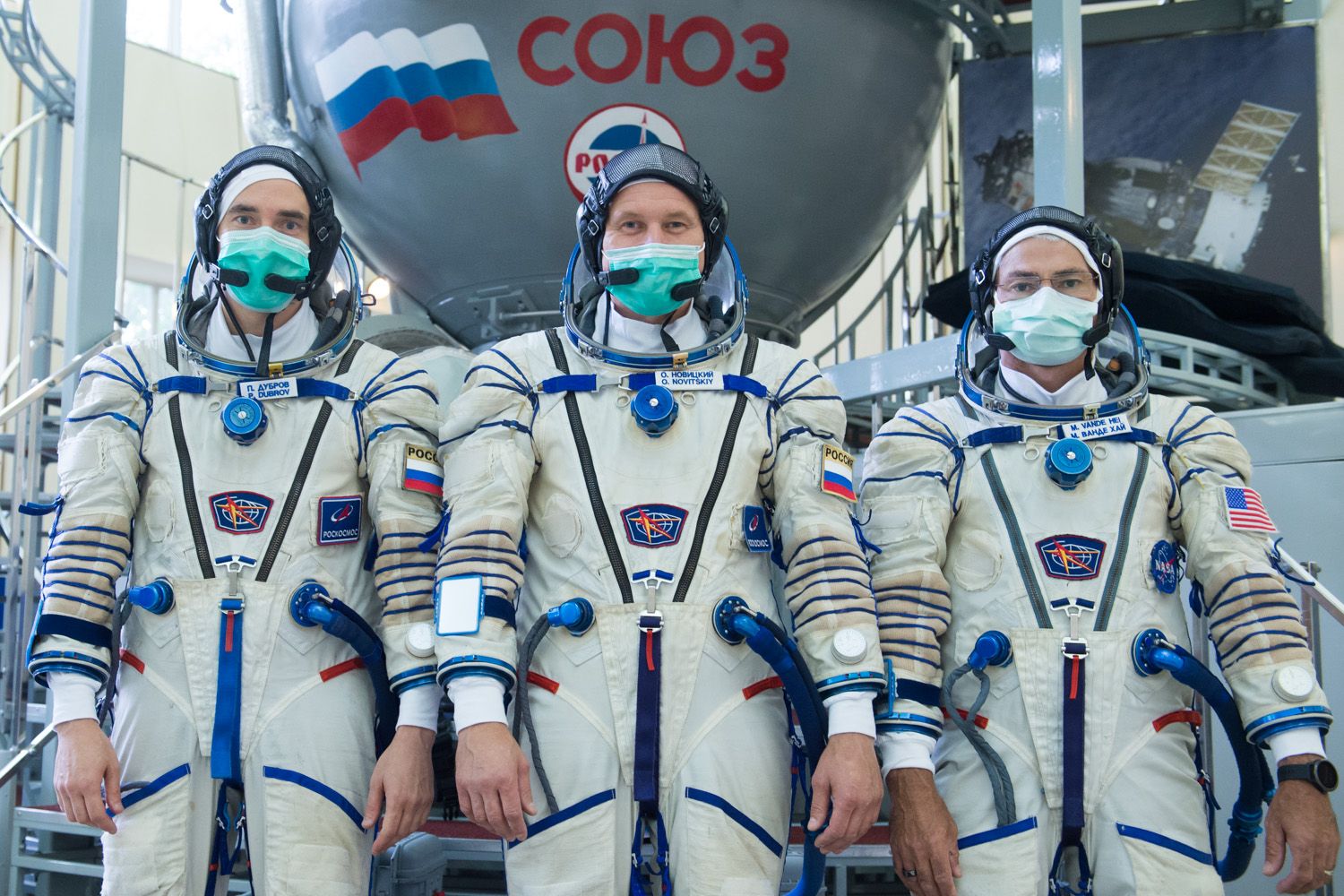
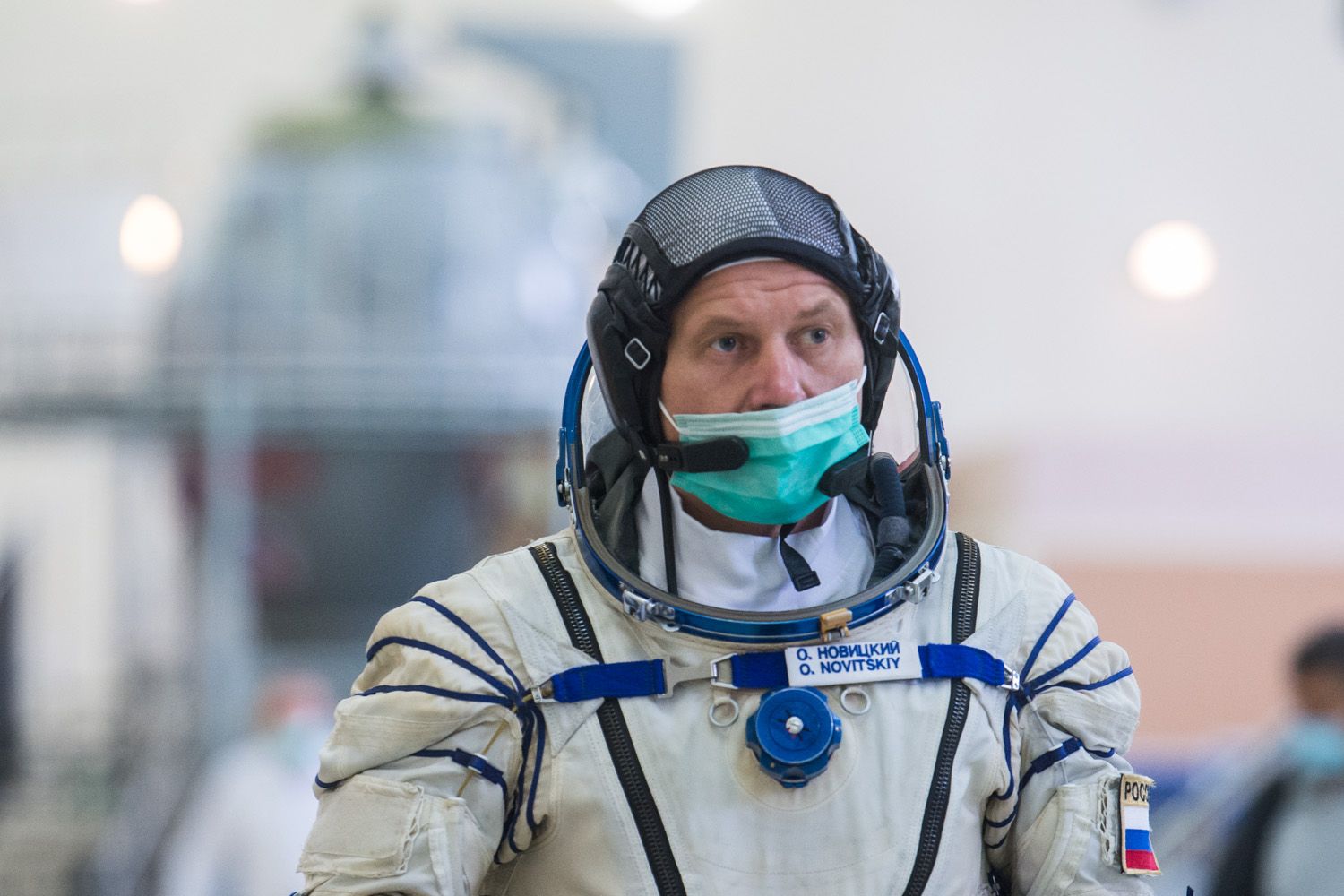
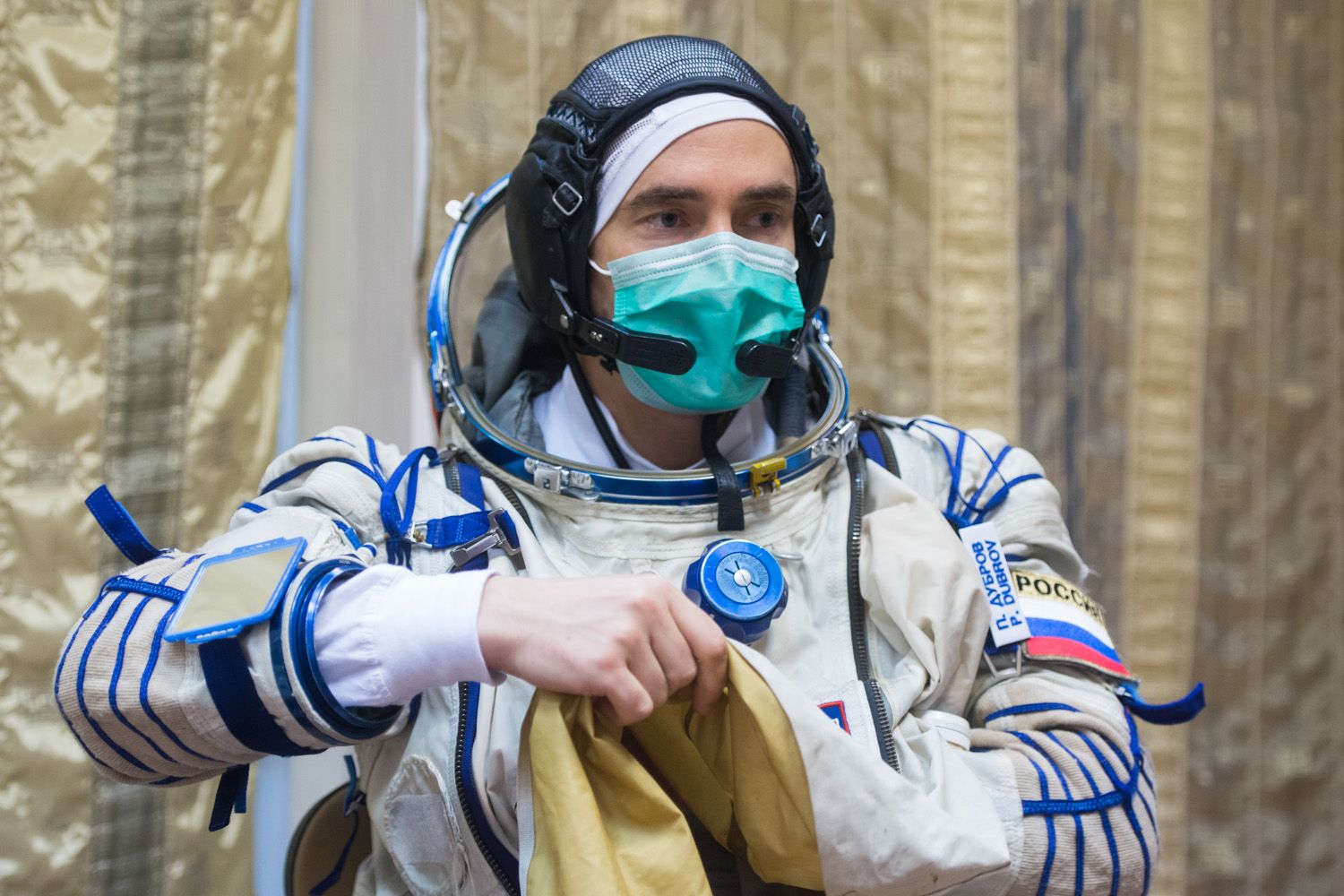
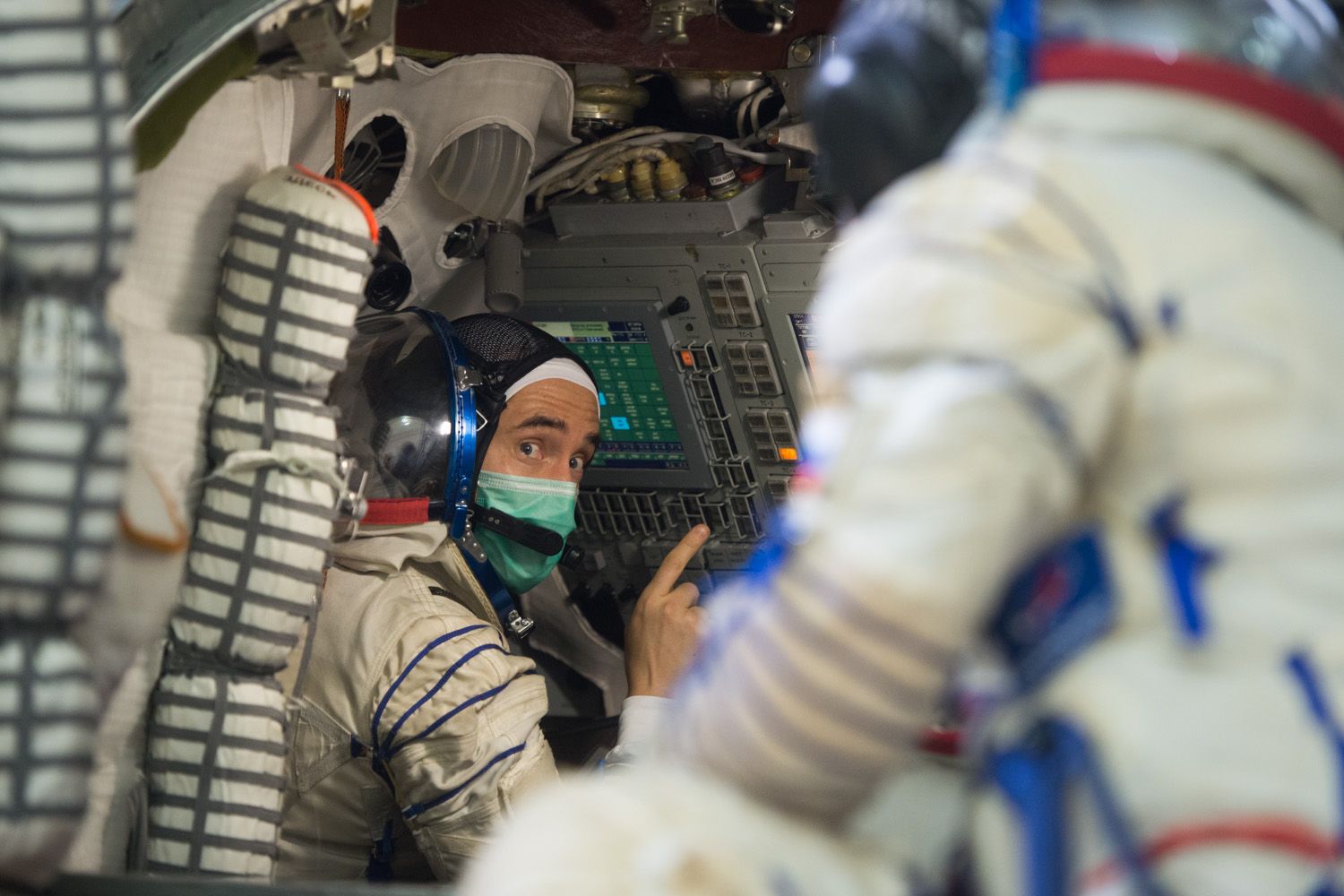
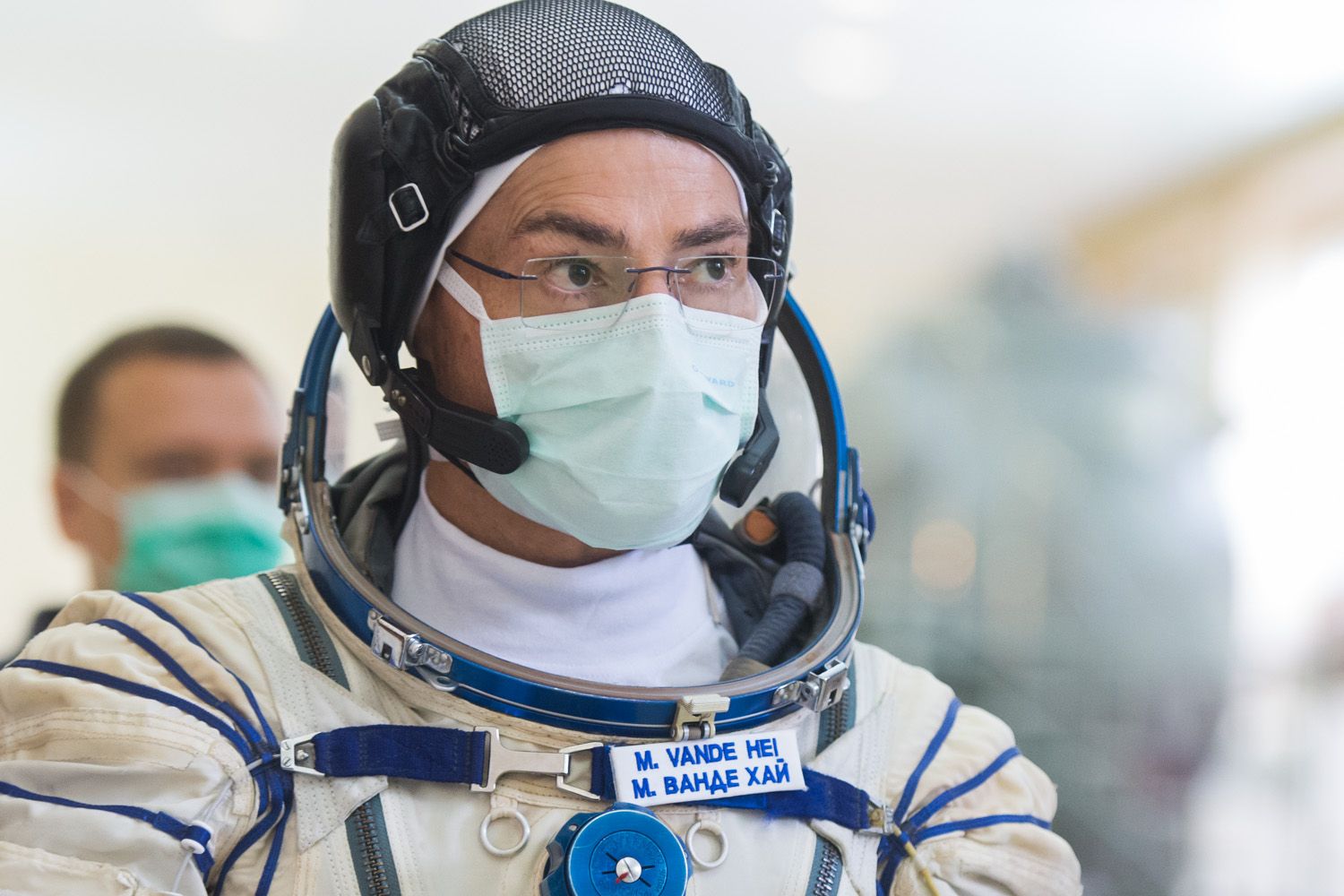
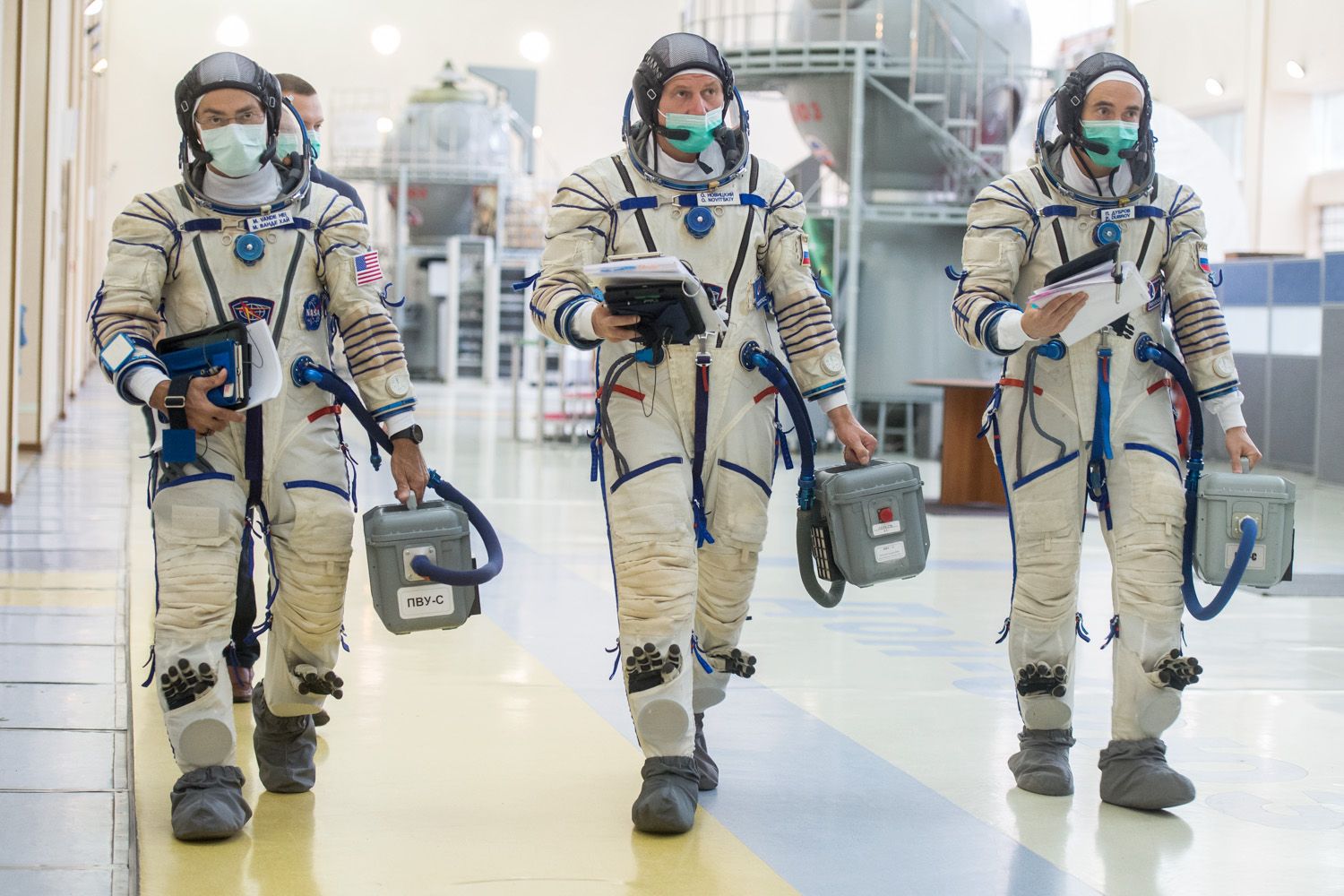
 Jet trainer flights in Russia
Jet trainer flights in Russia
 Baikonur cosmodrome tour
Baikonur cosmodrome tour
 Zero Gravity flights
Zero Gravity flights
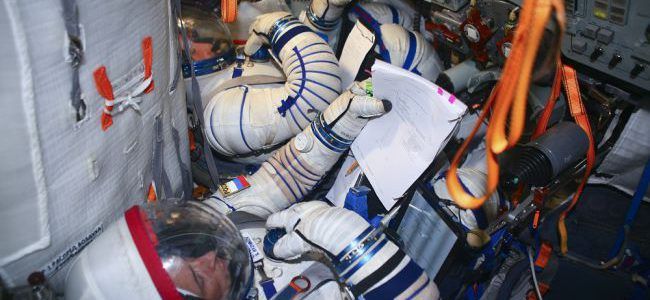

















Baikonur spaceport saw State Commission meeting considering the results of Soyuz 2.1a booster and Progress M-25M cargo space vehicle testing. The Commission heard reports by…
Gagarin Cosmonaut Training Center in Star city continues the series of experiments exploring cosmonauts’ ability to perform operator’s activities after long-duration space flight. On the…
Baikonur specialists go on working on ISS program implementation. On February 04 Progress Rocket and Space Centre specialists conducted pneumatic tests of Soyuz-U booster first…
Investigation of Proton-M booster with Express-AM4R satellite crash was finished, the data was presented to the Russian government, – Roscosmos spokesman reports. “Interdepartmental Commission finished…
Today, on August 19, 2019, the “Soyuz-2.1a” launch vehicle with the “Soyuz MS-14” spacecraft was rolled out from the Assembly and Testing building and installed…
A new batch of 36 OneWeb spacecraft has been delivered to the Baikonur Cosmodrome as part of Mission 38. The spacecraft arrived at the Krayniy…
Proton-M heavy booster with European SES-6 communication satellite was launched from Baikonur coxmodrome, – Khrunichev Centre (constructed Proton-M booster and Briz-M upper stage) representative told…
NASA astronaut Peggy Whitson, Russian Space Agency Roscosmos cosmonaut Oleg Novitskyi and the European Space Agency’s Thomas Pesquet are traveling to the International Space Station…